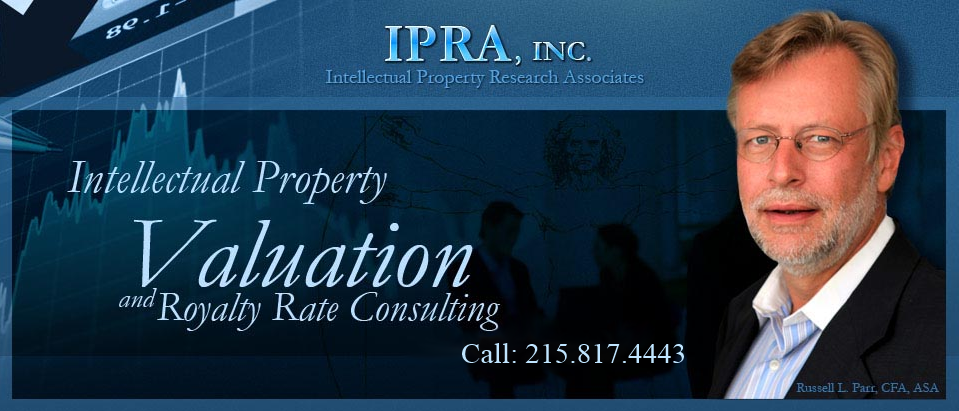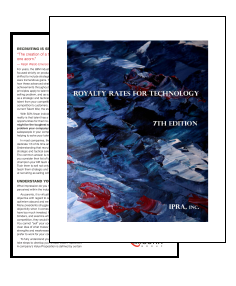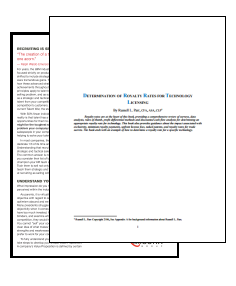Eroding Patent Rights Put U.S. Economic Vitality at Risk
What makes capitalism a roaring success in western nations? Why can’t developing nations be successful? Why do former communist countries struggle? A popular answer is to focus on cultural differences. However, Hernando de Soto, in The Mystery of Capitalism, explains the real difference between the winners and losers is that the winners have a strong legal structure of property and property rights. De Soto explains that respect for property rights allows property to be leveraged into wealth.
Consider a country lacking property rights where a citizen cannot prove ownership of the property on which they live. Anyone in this situation is unlikely to improve the property above meager subsistence levels since others might claim their property at any moment. The meagerly improved property has no value, hence it cannot be leveraged because no one is willing to provide a loan on collateral that is not secure and without leverage, nothing can happen. De Soto explains that property rights drive economic success.
This is most concerning in light of the erosion of respect for patent rights in the U.S. The U.S. Chamber of Commerce’s annual Global IP Index for 2018, said that in 2017, the U.S. ranked 10th worldwide in terms of offering patent protection to innovators. This year, the U.S. fell out of the top 10, tumbling to a tie for 12th with Italy. Countries ahead of the United States for patent protection are: Singapore, France, Germany, Ireland, Japan, Netherlands, South Korea, Spain, Sweden, Switzerland, and the United Kingdom. With a decrease in the score relative to patent protection from 2017 to 2018, the United States joins a handful of other countries that are not thought of as being particularly intellectual property friendly.
The Chamber report notes that the U.S. score for patent protection has fallen lower in each of the successive editions of these Chamber rankings. The Chamber cited Supreme Court decisions on patent eligibility (i.e., Mayo, Myriad, and Alice), and in particular to recent interpretations of those cases and guidance from the United States Patent and Trademark Office. The Chamber also expressed concern over how easy it has become to challenge patents in post-grant proceedings at the Patent Trial and Appeal Board.
This not trivial. Intellectual property and intangible asset value makes up more than 85% of the value of the largest U.S. companies. The U.S. economy is driven by intellectual property rights and patents are dominant. As patent rights erode so does the vitality of the US economy.


